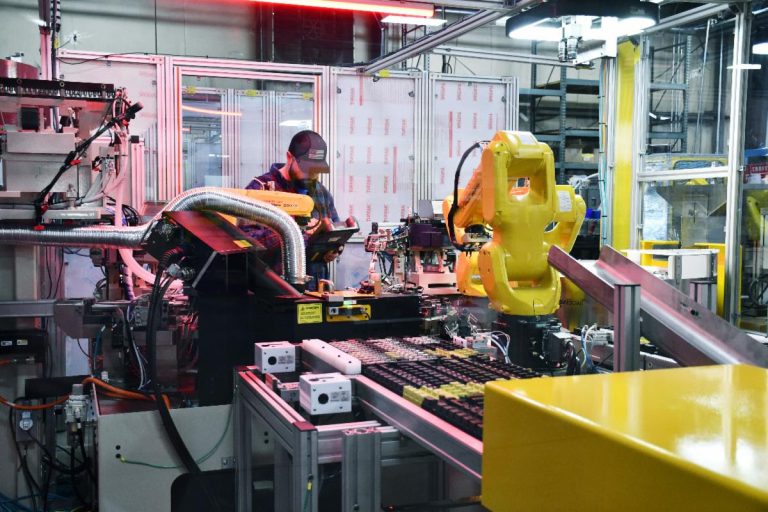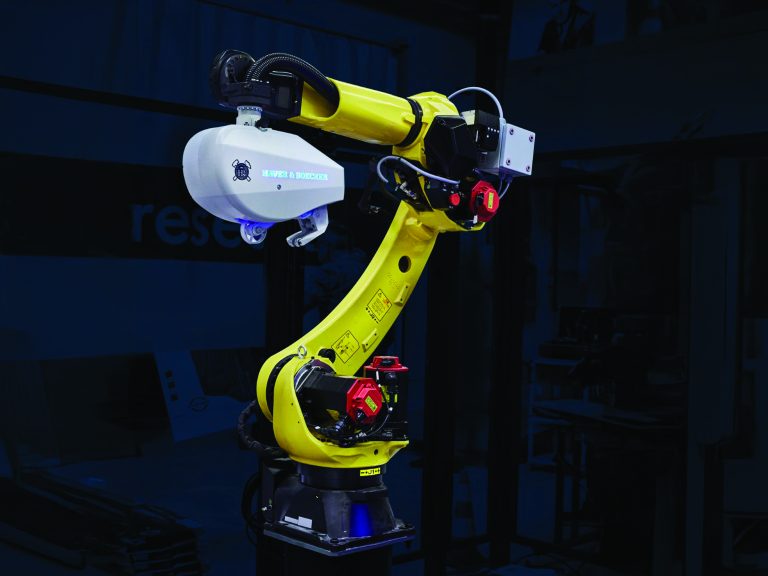Poor packaging choices can be the single biggest source of waste in today’s supply chains, according to CHEP, the world’s leading provider of standardized reusable container and pallet pooling.
Drew Merrill, North American general manager and vice president for CHEP Automotive and Industrial Solutions, has recently outlined at an automotive logistics conference how selecting the right packaging strategy can create a powerful competitive advantage for manufacturers and tier suppliers alike.
“Packaging is normally seen as an insignificant component of the total supply chain cost in comparison to the outlays for logistics and products,” explains Merrill. “However, the budgeted costs each year for packaging are quite different than the real total cost of ownership. Poor packaging choices do result in unanticipated costs through excessive waste.”
In fact, packaging has its own set of deadly wastes. The packaging costs that are normally budgeted or what manufacturers think they are paying are far different to the reality. An example of such a hidden waste is higher freight costs as a consequence of poor packaging resulting in ‘shipping air’. This means that due to either poor stack-ability or poor part pack density, trucks or sea containers are not fully utilized. This “wasted” cost is normally seen as an increase to the “freight” budget as opposed to the packaging one.
Other hidden costs exist as well, including reverse freight costs for returning empty containers to the supplier base as well as the rework and replenishment costs due to poor part protection resulting in damages. Additionally, increased pipeline inventory is a result of longer dwell times produced by repacking or decanting activities – or the cost and environmental impact due to disposal and landfill, to name just a few. If packaging is seen as an integral part of supply chain planning (pull system), a huge amount of waste could be eliminated. It is therefore important to view the “cost of packaging” in the context of the Total Cost of Ownership.
Most companies in the automotive sector already know the benefits of using reusable packaging. However, when OEM and suppliers choose to insource the ownership of reusable packaging, the cost of capital, management, maintenance and return freight are also significant. That appears to be the main reason why many companies still choose one-way packaging for long-distance supply chains.
The irony is that longer supply chains tend to have the highest hidden costs. There are many more touch points involved before the parts arrive at the assembly plant. A typical intercontinental shipment can be handled up to 20 times before the part is ready for line-side fitment, incurring a variety of wastes along the way. The challenge is in finding a balance between reaping the benefits of reusable packaging and avoiding excess capital outlay and ownership costs. This is almost impossible with an “insourced” packaging strategy. By outsourcing the ownership and management of packaging, the right focus can be achieved to find this balance.
“Pooling is a concept that is not very well known,” Merrill points out. “CHEP, however, has been doing it for over a 70 years.” CHEP offers a global network of service centers where empty reusable equipment (CHEP owned) is issued to suppliers upon order and collected from OEMs and suppliers once the parts are consumed.
“It is similar to a pool of taxis where the nearest vehicle is dispatched upon demand,” he notes. “Paying as you go is a far leaner system and also provides flexibility to all supply chain parties.”











